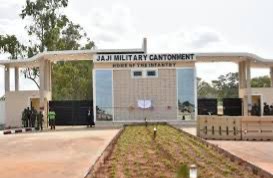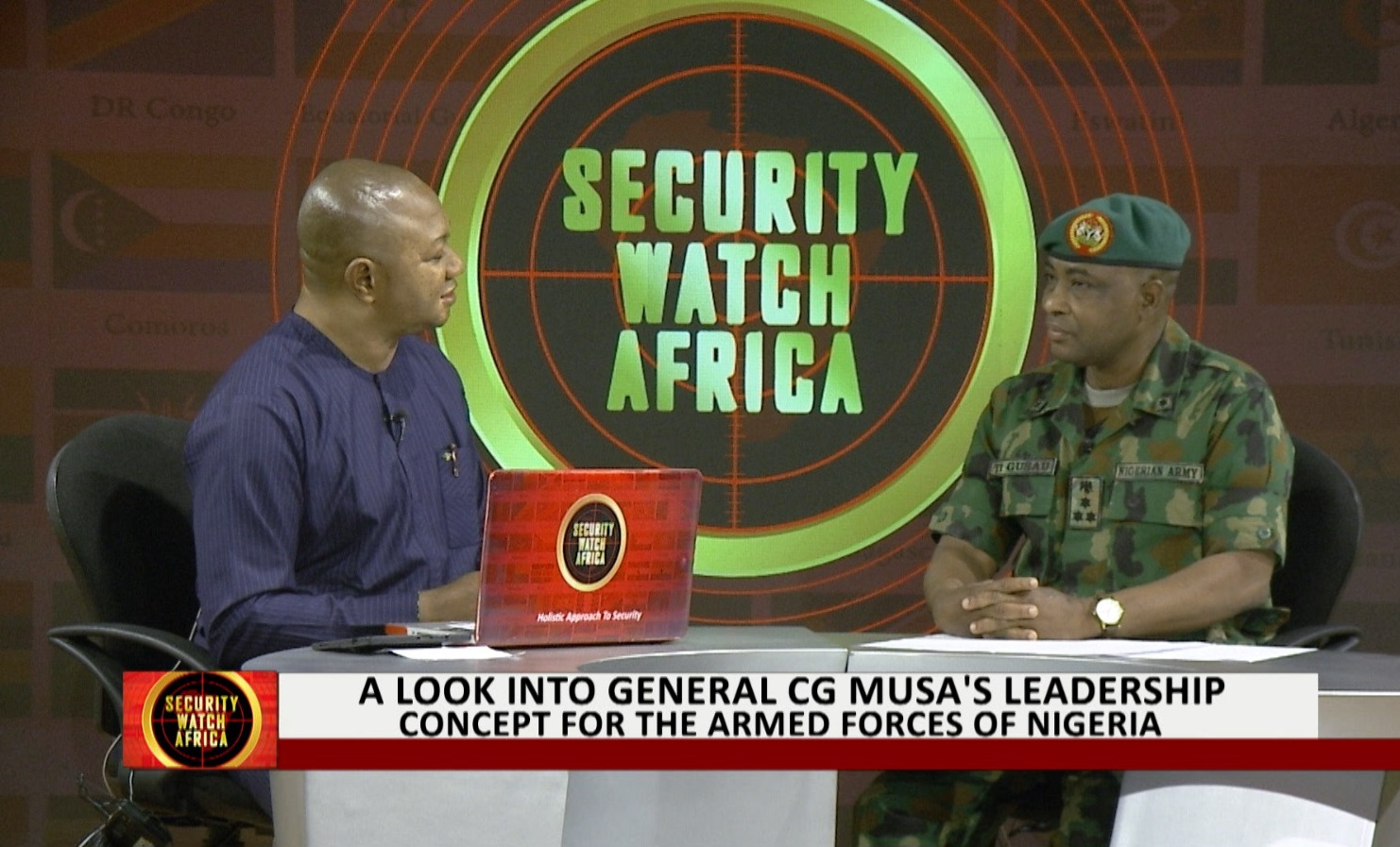By Deji Adesogan
Recent viral reports on social media alleging that the Nigerian Army was demolishing civilian homes along the Kaduna–Zaria highway have stirred heated public debate, with some portraying the action as unlawful and oppressive.

A fact-finding visit by journalists and Communication Experts to the Jaji Military Cantonment (JMC) on Aug. 24, at the invitation of the Corps Commander Infantry, Maj.-Gen. U.A. Yusuf, however, revealed a different reality from what had been circulated online.
Findings showed that the demolition and clearance exercise was targeted at illegal occupants, many of whom are retired military personnel who had earlier received compensation and formal notice to vacate the land.
Despite the compensation, some individuals reportedly refused to leave, and in some cases, built new structures without authorisation.
More disturbing was the discovery that portions of Army land were illegally sold to private interests, including a Chinese mining firm, by individuals without military approval. Mining operations had commenced before the Army moved in to halt activities.
During the visit, journalists observed that some of the affected areas had also become hideouts for suspected criminal elements, bandits and political thugs. Security sources said law enforcement agencies often avoided carrying out arrests there due to the sensitive location within a military facility.
The Army has maintained that the clearance exercise is a lawful effort to reclaim its property, restore order, and prevent further compromise of national security within the cantonment.
Maj.-Gen. Yusuf, who led the media team around the site, emphasised that the Army had acted responsibly and within the law, stressing that the action was not targeted at innocent civilians but at illegal occupants undermining the integrity of the cantonment.
The development point to the importance of verifying information before sharing, especially on issues concerning national security. Social media claims, often driven by incomplete or misleading narratives, can fuel unnecessary public tension.
For journalists, analysts and members of the public, the Jaji case spotlights the need for responsible reporting and fact-checking, particularly when military operations or sensitive installations are involved.
Deji Adesogan is a security analyst and digital communications expert. He writes from Kaduna and can be reached via adesoganmedia@gmail.com










